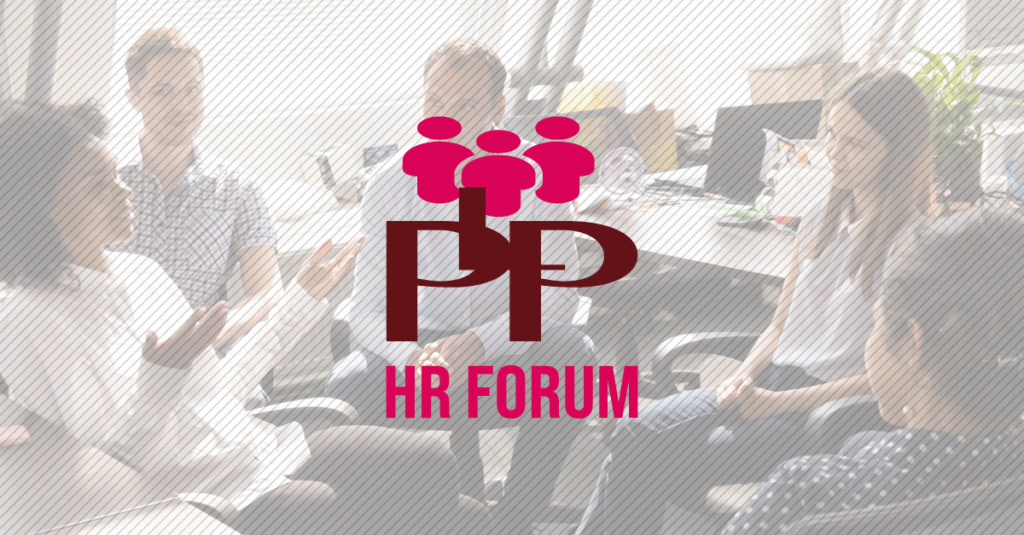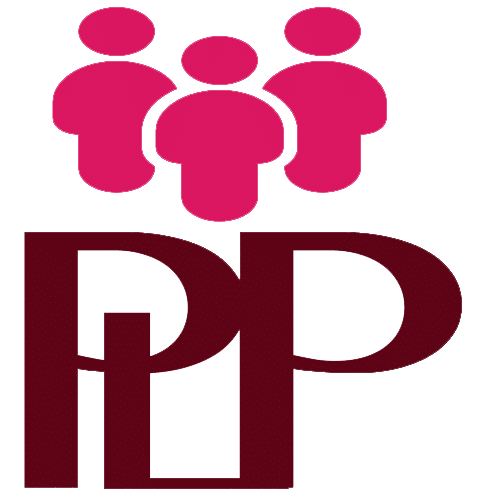At Parke Lane People, our HR Forum was set up to give HR professionals a space to discuss the issues that matter most to them. Since the launch, we’ve held lively sessions on topics ranging from employee engagement to legal updates. At our recent event with Freeths Oxford, one theme dominated the conversation: Artificial Intelligence in HR.

Everyone had an opinion. Some saw AI as a time-saving miracle, others as a dangerous shortcut, and a few wondered whether the hype would fizzle out altogether. What became clear is that AI isn’t just a tech buzzword, it’s already shaping recruitment, HR management, and employee experience.
So, is AI the friend that frees us from admin, the foe that dehumanises our workplaces, or the future colleague we’ll need to learn to work alongside?
Setting the Scene
Andy Parke, our founder, opened the discussion:
Q: “Why do you think AI is stirring up such strong feelings in HR right now?”
Andy: “Because HR is about people. When you introduce algorithms, chatbots, and automated decision-making, it strikes at the heart of what many HR professionals see as their role, understanding nuance, showing empathy, and making human judgements. At the same time, none of us can ignore the efficiency gains AI promises.”
Delegates nodded, laughed, and a few raised eyebrows. The conversation quickly turned practical.
The Benefits: Time and Talent
One HR Manager spoke up:
“AI could cut my admin workload in half. Imagine not spending hours scheduling interviews or sorting CVs. That’s time I could use to focus on culture, development, and wellbeing.”
It’s not just wishful thinking. According to a 2023 PwC survey, 64% of HR leaders believe AI will improve productivity in their teams. Tools that scan CVs for keywords, suggest interview questions, or even predict candidate success rates are already being used in major organisations.
Andy added:
“It’s the same debate we had with job boards and LinkedIn. At first, people were worried it would take away the human touch. But instead, it changed how recruiters worked. AI might just be the next evolution.”
The Risks: Bias, Trust, and the Black Box
Not everyone was convinced. Another delegate challenged the optimism:
“If an algorithm decides which candidates get through, who’s responsible if it’s biased? We’ve all seen the studies where AI recruiting tools favoured male candidates because the training data was skewed. HR could end up being less fair, not more.”
It’s a valid concern. Research from MIT showed that AI recruiting tools are only as good as the data they’re fed. If past hiring decisions were biased, the AI is likely to replicate that bias, faster and at scale.
Q: “So, should HR professionals ever fully trust AI to make decisions?”
Andy: “No. AI should be a tool, not a judge. The human element has to stay in the loop. If we hand over decision-making, we lose accountability, and potentially the trust of candidates and employees.”
The Extreme Views
The debate then split into two camps, let’s call them The Optimists and The Cynics.
The Optimists:
- “In ten years, AI will handle 90% of recruitment. Humans will just do the final interview.”
- “AI could finally give us unbiased shortlists if we train it right.”
- “Employees will expect AI-driven HR, like instant answers from chatbots instead of waiting days for a response.”
The Cynics:
- “AI will reduce people to data points. Culture fit can’t be calculated by an algorithm.”
- “We’ll see HR departments downsized, with AI doing the work of junior staff.”
- “One day we’ll look back and wonder why we let machines decide who got jobs and promotions.”
Andy leaned into the humour:
“I don’t think HR robots will be leading performance reviews anytime soon. Can you imagine being told off by a chatbot with no sense of irony?”
The room laughed, but the point stuck. Where do we draw the line between efficiency and empathy?
The Middle Ground: Augmentation, Not Replacement
Somewhere between the extremes lies the most realistic path forward. Delegates agreed that AI could handle the repetitive, time-consuming tasks, screening, scheduling, data analysis, while humans focus on relationships, judgement, and culture.
One HR professional summarised it neatly:
“AI should be the assistant, not the manager. Let it do the heavy lifting, but keep people at the centre.”
According to Gartner, by 2025, 60% of HR leaders plan to use AI to support recruiting and talent management. The question is not whether AI will enter HR, but how we shape its role.
The PLP Approach: More Than Recruitment

At PLP, we’ve always positioned ourselves as more than a recruitment agency, we’re a recruitment consultancy. That means our clients don’t just get CVs and placements, they get advice, insight, and access to the kind of conversations we’ve had at this Forum.
Our USP is our consultancy approach:
- We take the time to understand the culture and goals of the businesses we support.
- We prioritise long-term relationships over short-term wins.
- We offer clients access to HR Forums and social events where issues like AI, diversity, and wellbeing are openly discussed.
Delegates often comment on the difference:
“It’s refreshing to work with a recruiter who isn’t just chasing numbers. The Forum proves PLP is serious about adding value beyond placements.”
Another added:
“The social events are just as useful. You get to connect with other HR professionals in a relaxed environment and still take away practical ideas.”
It’s about adding value beyond recruitment, because business leaders need trusted partners, not just suppliers.

Questions to Take Away
As the session closed, Andy left the group with some provocative questions, ones worth asking in every HR team right now:
- If AI saves you 10 hours a week, how will you use that time to add more value to your people?
- Would you tell a candidate if an AI system screened their CV? Should they have a right to know?
- How will you train your HR team to work with AI, not against it?
- Could AI help you spot burnout or disengagement before it becomes a bigger issue, or would employees see that as intrusive?
Final Thoughts
AI in HR is here to stay. It can be a friend that frees us from admin, a foe that risks bias and depersonalisation, or, most likely, a colleague we’ll need to learn to work with. The technology itself isn’t good or bad, it’s how we use it that matters.
Andy Parke’s closing remark captured the spirit of the forum:
“AI won’t replace HR. But HR professionals who understand how to use AI might replace those who don’t.”
The debate is far from over. And that’s the point of the HR Forum, bringing professionals together to explore new challenges, share real experiences, and maybe even have a laugh along the way.
So, what do you think? Is AI the future of HR, or just a shiny distraction? Join us at the next PLP HR Forum or social event to continue the conversation. Future date to follow.
